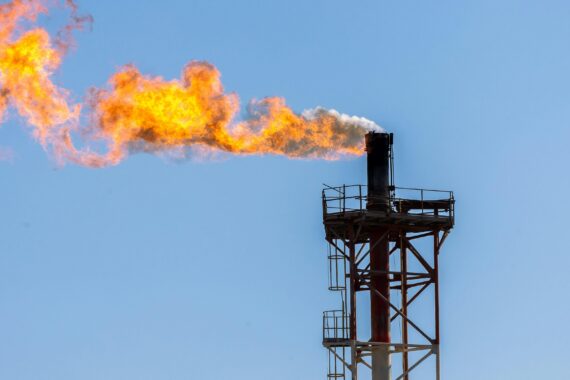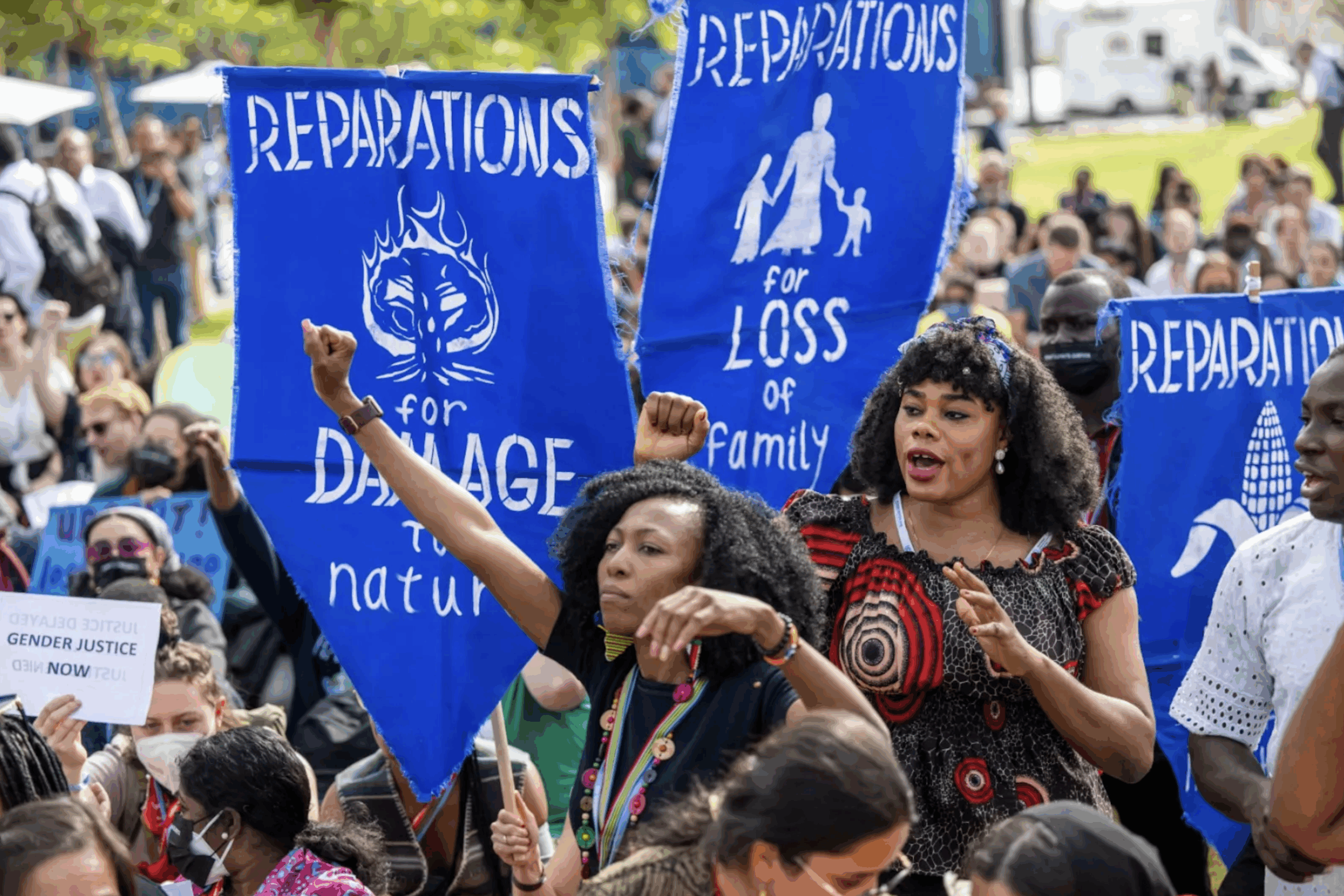In 2022, the United States Congress passed the Inflation Reduction Act (IRA), appropriating an unprecedented amount of money for climate spending programs. One of the IRA’s flagship investments was the Greenhouse Gas Reduction Fund (GGRF), a $27 billion program comprised of the National Clean Investment Fund (NCIF), the Clean Communities […]
Amid the Trump administration’s cancellation of billions in federal funding for climate action, the Sabin Center has covered the numerous cases that have been brought in federal district courts to challenge federal grant cancellations. Among those cases is Climate United Fund v. Citibank, a challenge to the Environmental Protection Agency’s […]
A now-familiar playbook for climate-denying state attorneys general is to launch burdensome investigations of climate-minded corporate enterprises based on inchoate antitrust claims (often conspicuously lacking a profit motive for the alleged antitrust violations). These enforcement tactics crystallize two challenges for corporate climate initiatives seeking to steer clear of antitrust liability. […]
Climate alliances have become a common target of antitrust campaigns over the last several years, particularly given the complex market dynamics for these alliances to navigate, with effective industry-wide transformation often necessitating some degree of coordination among competitors. In previous blog posts, we have addressed state legislatures’ efforts to undermine […]
Introduction In recent years, the number of data centers in the United States and worldwide has grown rapidly, driven by the expansion of cloud computing, digital services, and artificial intelligence applications. These facilities consume substantial amounts of electricity. Projections indicate that data centers could account for about 4 – 5 […]
Corporate climate disclosure rules are under development in several jurisdictions, with California and the European Union (EU) leading the way. A controversial and unresolved matter in this area is the inclusion and measurement of Scope 3 emissions—i.e., indirect emissions from a company’s supply chain. This blog post—the second in […]
The Securities and Exchange Commission (SEC) rule on climate disclosures for investors still faces an uncertain future in the courts. Meanwhile, other jurisdictions are filling the void. On October 10, the California Air Resources Board (CARB) released draft reporting templates for corporate emissions disclosures required under state law. This […]
Climate change presents one of the most disruptive challenges for contemporary legal systems. One aspect of climate change as a legal problem that is especially disruptive concerns the determination and extent of the duties of governments to address its causes and consequences. In this post, I analyze landmark climate litigation […]








